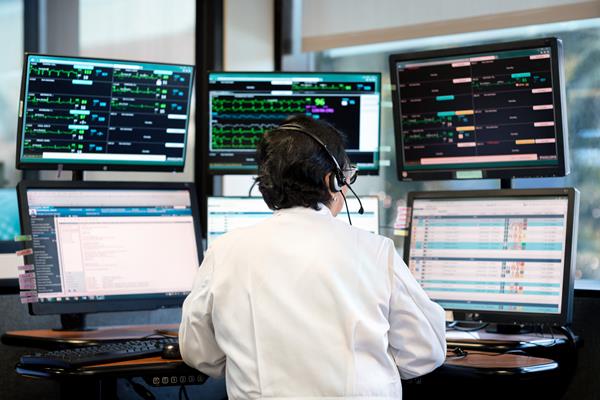
Philips has moved to acquire Capsule Technologies—a provider of data platforms that aim to connect all of the medical devices and record systems within a hospital—to help build out its integrated care and vital sign monitoring solutions.
The $635 million cash deal is expected to be completed by the end of March, with Capsule’s 300 employees slated to join Philips’ connected care division. Capsule’s software-as-a-service offerings are currently used by over 2,800 healthcare organizations globally, with development teams based in the U.S. and France, while its platform can connect to over 940 unique devices.
“Integrated patient care management solutions supported by essential real-time patient data and AI are core to our strategy to improve patient outcomes and care provider productivity by seamlessly connecting care,” said Roy Jakobs, head of Philips’ connected care division.
By routing all the data generated by various devices through a single, vendor-neutral digital system, Philips hopes to employ Capsule’s tech alongside its current portfolio to help streamline care workflows across various settings—ranging from the intensive care unit to outside the hospital itself, using remote patient monitoring and telehealth programs.
Capsule also provides surveillance programs designed to detect the early signs of patient deterioration and life-threatening events.
RELATED: Philips puts down $2.8B for BioTelemetry and its wearable heart monitors
Last December, Philips inked a $2.8 billion deal to acquire BioTelemetry and its wearable cardiovascular monitoring devices, used both in the hospital and in the home. BioTelemetry also offers AI-powered analytics and other services for processing the data.
Additionally, last year also saw Philips’ medical device-based sales drop during the earlier phases of the COVID-19 pandemic—while its connected care segment grew. As hospitals postponed the installation of new equipment and put off elective or less-urgent surgical procedures, they also invested in remote patient monitoring equipment.
The FDA also granted the company new clearances for its portable ultrasound units last summer, for checking lung and heart complications related to COVID-19, and issued emergency authorizations for its IntelliVue patient monitors and displays.


